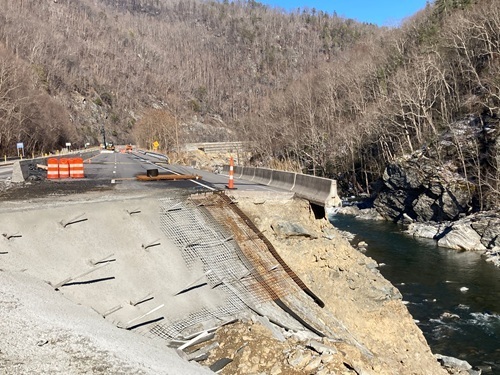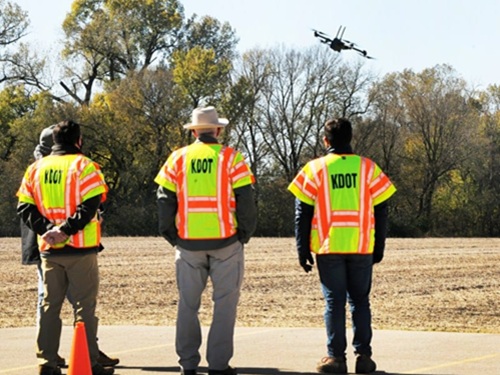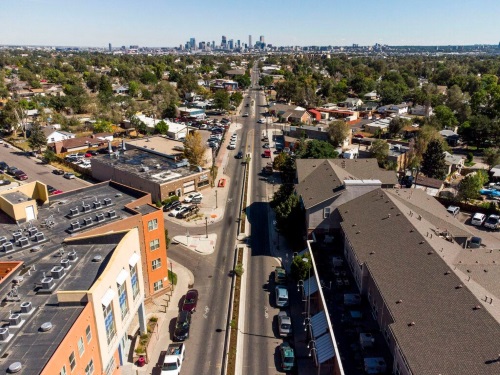The Colorado Department of Transportation recently awarded $492,000 in grants to communities and organizations statewide in support of “transportation demand management” strategies that help relieve traffic congestion and lower greenhouse gas or GHG emissions.
[Above photo by the Colorado DOT]
“We’ve known for a long time that we can’t simply build our way out of congestion, and we’re proud to help these pioneering communities and organizations give people more options for traveling,” explained Shoshana Lew, Colorado DOT’s executive director, in a statement.

“Transportation demand management strategies can help manage congestion, restore air quality and reduce emissions,” she said. “They can also make communities more thriving and sustainable.”
Colorado DOT explained that transportation demand management seeks to provide travelers with more travel choices instead of relying on single-vehicle occupancy vehicles. Such choices can include mode, route, time of travel, and work location, the agency added.
Common transportation demand management strategies focus on transit, “micro-mobility” such as bikes and scooters, improvements to pedestrian infrastructure, smart growth policies, intelligent transportation systems, managed lanes, and the encouragement of “e-work” or remote work options.

While such approaches are more common in large urban areas, Colorado DOT said many smaller communities could benefit from them as well – with its grant program designed to help them do so.
“There are organizations in the metro area that have been doing great work on these strategies for many years,” noted Kay Kelly, chief of innovative mobility for Colorado DOT. “We’re excited to see these grants help existing groups scale up successful projects and to be encouraging innovation and expansion of transportation demand management efforts to new audiences statewide.”
Other state departments of transportation are engaged in similar efforts.
For example, the Vermont Agency of Transportation awarded roughly $500,000 in grants via the Mobility and Transportation Innovation or MTI program in December 2021 to support “innovative strategies” that improve both mobility and access for transit-dependent Vermonters, reduce the use of single occupancy vehicles for work trips, and reduce GHGs.
The agency noted that Vermont’s legislature specifically created that program with the passage of the state’s 2020 Transportation Bill in June 2020.
 States
States
NCDOT to Rebuild I-40 with National Forest Rocks
June 27, 2025 States
States

